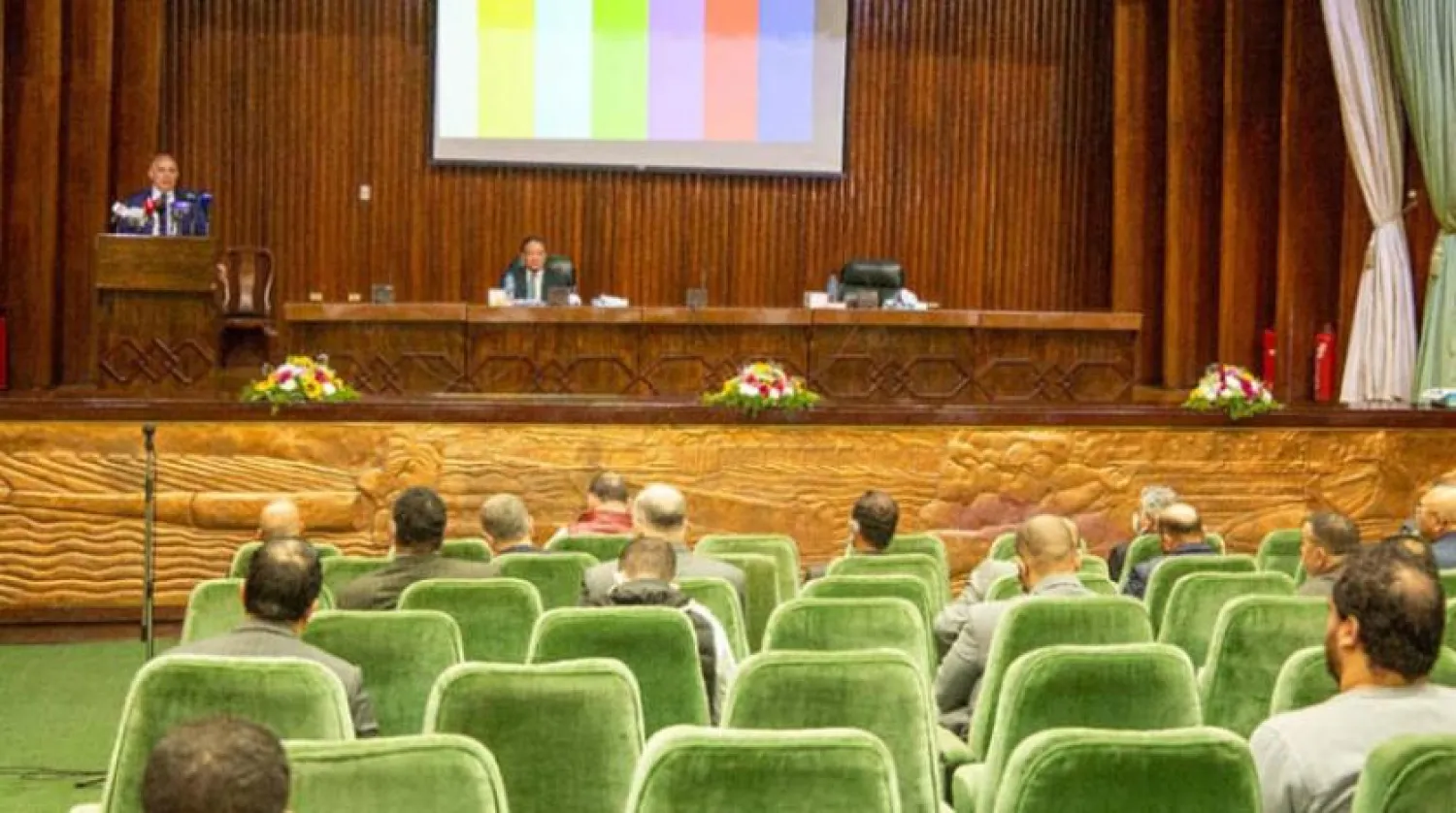Egypt has reaffirmed its unwavering stance in seeking a legally binding agreement on the rules of filling and operating the mega dam Ethiopia is building on the Nile River.
Minister of Water Resources and Irrigation Mohamed Abdel Aty said talks between Cairo, Khartoum and Addis Ababa on the Grand Ethiopian Renaissance Dam (GERD) are currently stalled due to Ethiopia’s intransigence.
He stressed that the GERD issue concerns the Egyptian state and its various institutions.
Last week, Addis Ababa started its “limited” operation of 13 turbines of the GERD, as a first stage for electricity production.
But Cairo denounced the start-up, saying Addis Ababa was “persisting in its violations” of a 2015 Declaration of Principles, which prohibits any of the parties from taking unilateral actions in the use of the river’s water.
Cairo and Khartoum have repeatedly emphasized their rejection of all unilateral measures with regard to filling and operation of the GERD before reaching a legally binding agreement in a way that achieves the three countries’ common interests.
Since 2011, the African Union-sponsored multiple rounds of talks between Cairo, Addis Ababa and Khartoum over the dam’s operation and filling have faltered.
The two downstream nations had also pushed for an agreement on the filling of the dam's reservoir, but Ethiopia went ahead without one in 2020.
Addis Ababa regards the dam project -- which will be Africa's largest when complete -- as essential to the development of Africa's second most populous country.
Egypt, which depends on the Nile for about 97 percent of its irrigation and drinking water, sees the dam as an existential threat.
Sudan hopes the project will regulate annual flooding, but fears its own dams will be harmed without agreement on its operation.
Abdel Aty hosted an open dialogue session on Saturday with Karam Gabr, the head of the Supreme Council for Media Regulation (SCMR), senior journalists, media professionals and SCMR members.
Discussions tackled the optimal management of water resources in Egypt in light of the current water challenges.
Egypt has embarked on implementing a strategy to manage and meet water demand until 2037, with investments nearing $50 million.
The program includes building seawater desalination plants and wastewater recycling plants with triple treatment.
Abdel Aty said the comprehensive development process of the water network aims to rationalize water use, rehabilitate canals and ensure sustainable development for agricultural projects.









